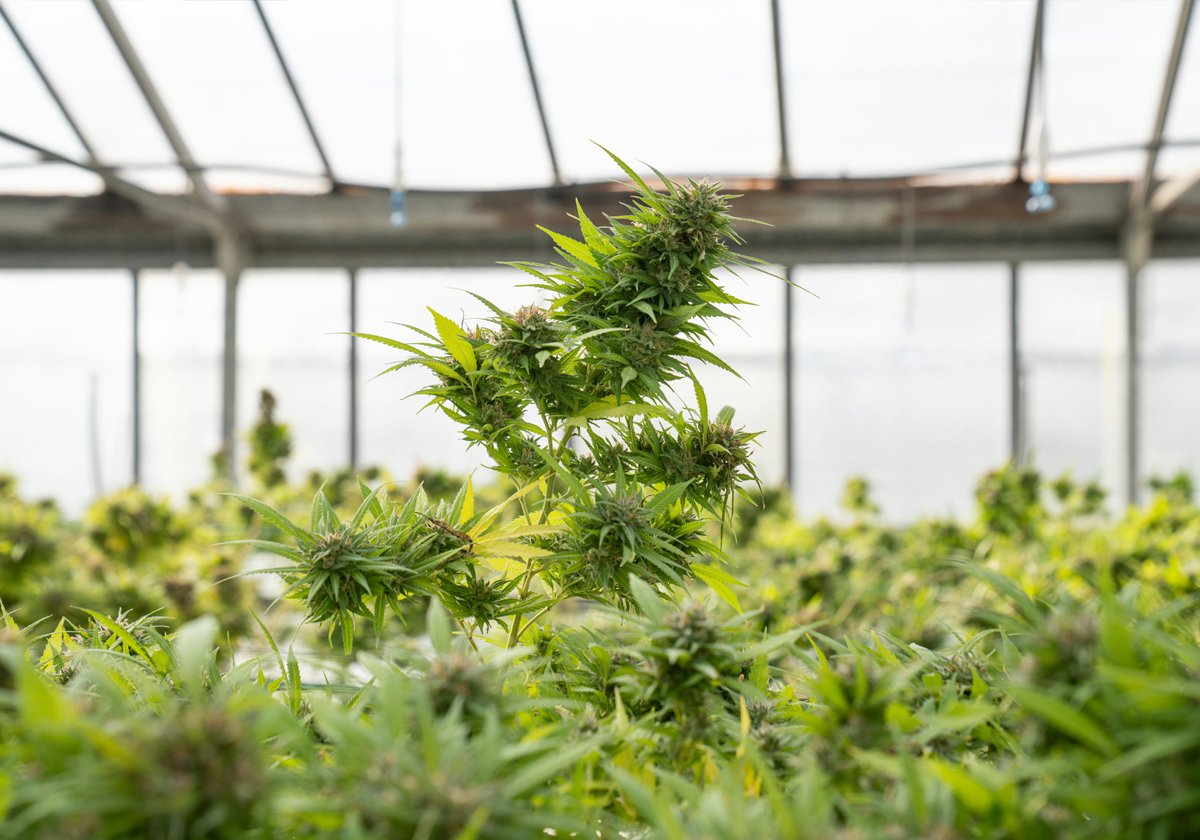BLOG

15/10/2024
What role should Brazil play in Latin America’s legal cannabis industry?
Almost everything about Brazil is superlative. It has the largest economy, territorial extension, population and consumer market in Latin America, and is one of the most important nations in the world.
However, when it comes to the legal cannabis industry, we are small. Not only compared to developed countries such as Canada and the United States, but also behind several of our Latin American neighbors. To be more precise, in regulatory terms, nine countries are already fully active in the legal cannabis market. In other words, we are far behind the level at which we should be at this moment.
Uruguay, Paraguay, Argentina, Chile, Colombia, Ecuador, Peru, Puerto Rico and Mexico see Brazil increasingly falling behind in the race to develop the cannabis market in Latin America. Each of them, with its own peculiarities, has its own strategies and policies regarding how to legally work with cannabis in their territories. What they have in common is the definition of robust regulatory frameworks that guide and guarantee security for those who invest in this new business.
Some more advanced, others less advanced, the fact that sets them apart from Brazil is that these nine nations have overcome their inertia when it comes to defining policies related to cannabis. It is not up to me to make value judgments about the strategies adopted in any of these countries. Whether they are good or bad; whether they could have been conceived differently, that is not important.
What matters is the attitude and courage that their respective societies had in bringing the issue forward for discussion and, consequently, advancing and adapting their local laws. Uruguay, Chile and Mexico went even further, by extending regulations to adult use of cannabis. This approach is not even remotely considered here in Brazil, much less in the turbulent political moment we are experiencing.
Supporting actors
Today, unfortunately, we are mere supporting actors, when our role should already be that of true protagonists in the development of this market in Latin America. Regarding legislation governing the cultivation, production and consumption of cannabis in its most varied forms, there is no other way to define our position other than that of mere spectators of the evolution of the legal cannabis industry in other neighboring nations.
And what does this status mean for Brazil? That we will be late to a global market estimated at US$55.3 billion in 2024, with US$824 million in Latin America alone, according to projections by Prohibition Partners.
If our regulations have not yet been implemented, this does not mean that we are completely inactive, just waiting for the progress of Bill 399 of 2015, which has stalled in the National Congress due to forces opposing its progress. We continue to work on several fronts, especially with public opinion. I assure you that we have already managed to advance this strategy in recent years, with the work of building an environment favorable to the discussion of cannabis in society.
Little by little, the subject is no longer relegated exclusively to police news, but is gaining more prominent pages in newspapers, magazines and privileged spaces on news portals on the Internet, as well as precious time on radio and TV. Each year, the subject gains relevance that it has never experienced here in the recent past.
Reducing stigma
It is common for the topic of cannabis to gain prominence in the press, with each news item about the release by Anvisa of a new product for therapeutic use, or the dissemination of promising results from research on the use of cannabis-based therapies to help treat various types of diseases. Little by little, the public is beginning to assimilate the benefits that the plant provides and to learn about its thousands of applications that go beyond the medicinal field.
All of this certainly contributes to reducing the stigma, which is still deeply rooted in Brazilian society when the subject of cannabis is discussed. We celebrate each advance, each achievement of positive space in the media, because we know that the war is long, and each battle counts in favor of the cause of all of us.
Medicinal use is an important ally in our fight to break down barriers with public opinion. It is also a very promising business. Just remember that the cannabidiol market in Latin America, in 2020, was estimated at US$ 168 million, most of it for therapeutic use. By 2024, it should reach US$ 824 million, according to Prohibition Partners.
It is worth remembering that the Brazilian market for medicinal use of cannabis is practically entirely based on imports, generating revenue and labor outside Brazil. Here is another reflection: Brazil cannot continue to play the role of merely importing inputs. This is still too little for the importance and relevance that the country has in the hemisphere.
High cost
Not to mention that access to products for medicinal use is restricted to a few who can afford them import costs, in addition to often having to resort to the courts to authorize purchases abroad or planting for medicinal purposes. Just imagine how much effort and resources are wasted simply because we still cannot produce here on a large scale what we buy abroad.
I truly believe that this game will turn in our favor. Brazil will play an extremely important role in the Latin American legal cannabis market, in all its aspects. When? It is still a big unknown, but it is a given that this will become a reality as soon as the ties to the market are undone.
Until that day comes, we continue with the strategy of developing the cannabis ecosystem in Brazil. It is a painstaking work, preparing and paving the way for the market and business to flow through all channels, not only those focused on health, which, I repeat, have been playing a preponderant role in breaking down resistance, but it is still possible to extract much more from this plant here.
SHARE THIS POST
TAKE THE QUIZ:
STARTING A CANNABIS BUSINESS
Not sure where to start or do you have questions about the conditions for entering this market? Complete the quiz and get a tailored recommendation
ACCESS THE QUIZ

